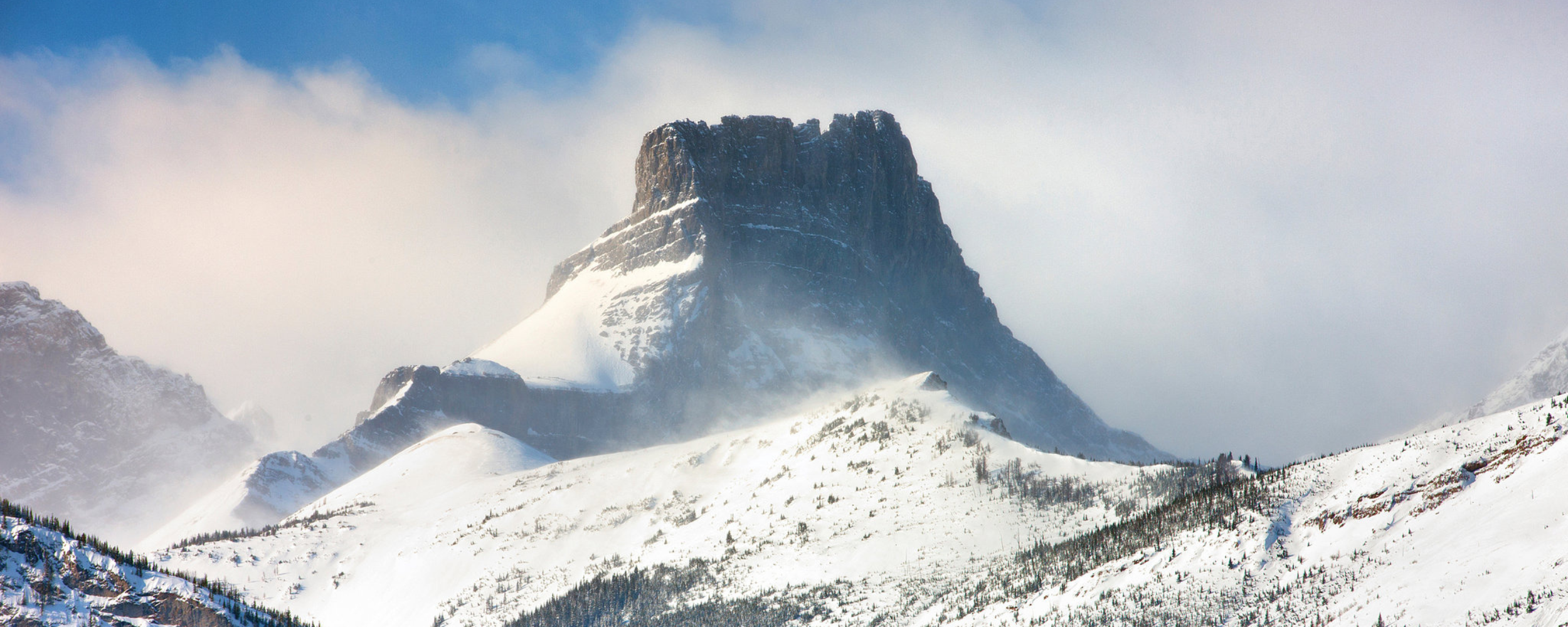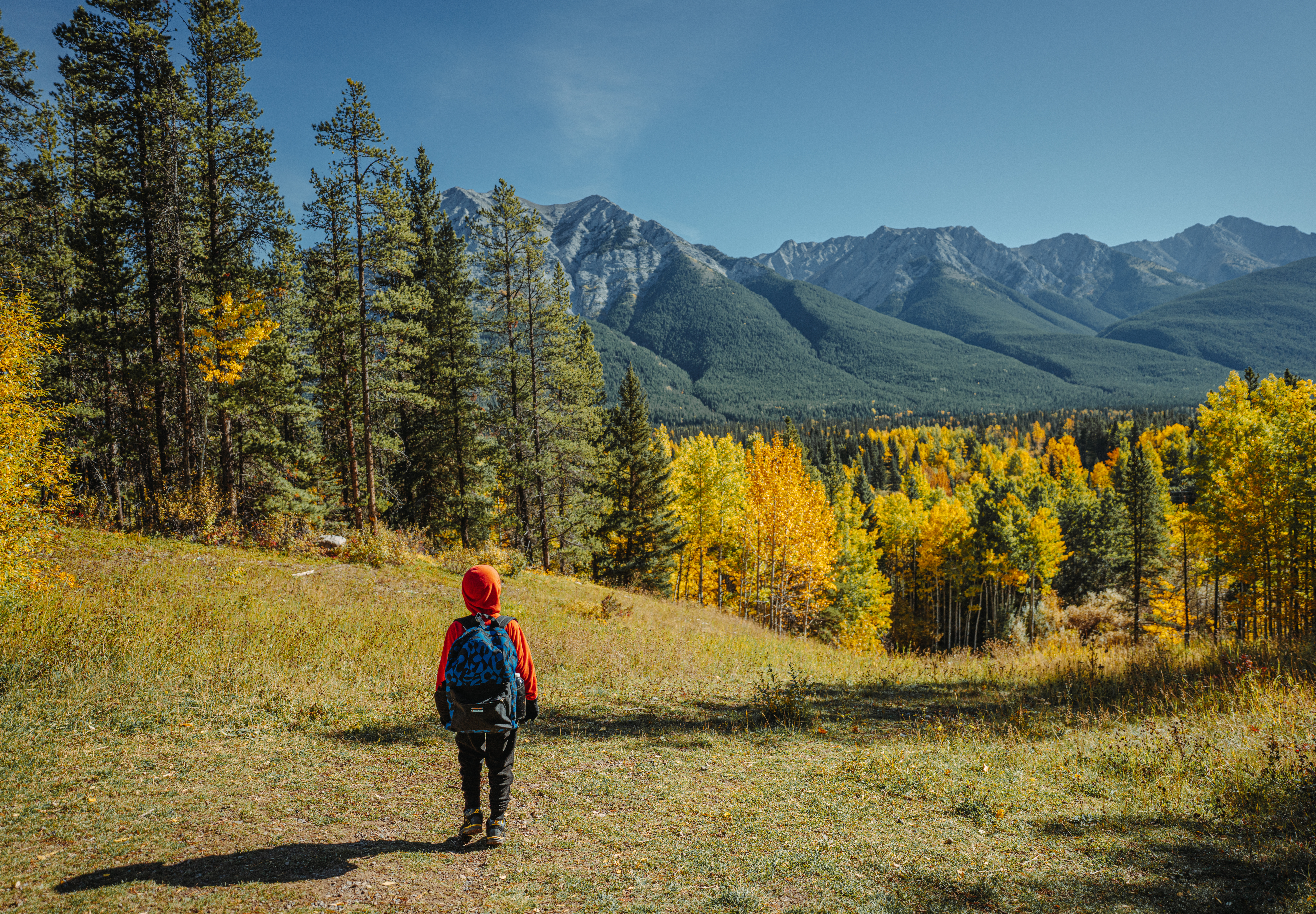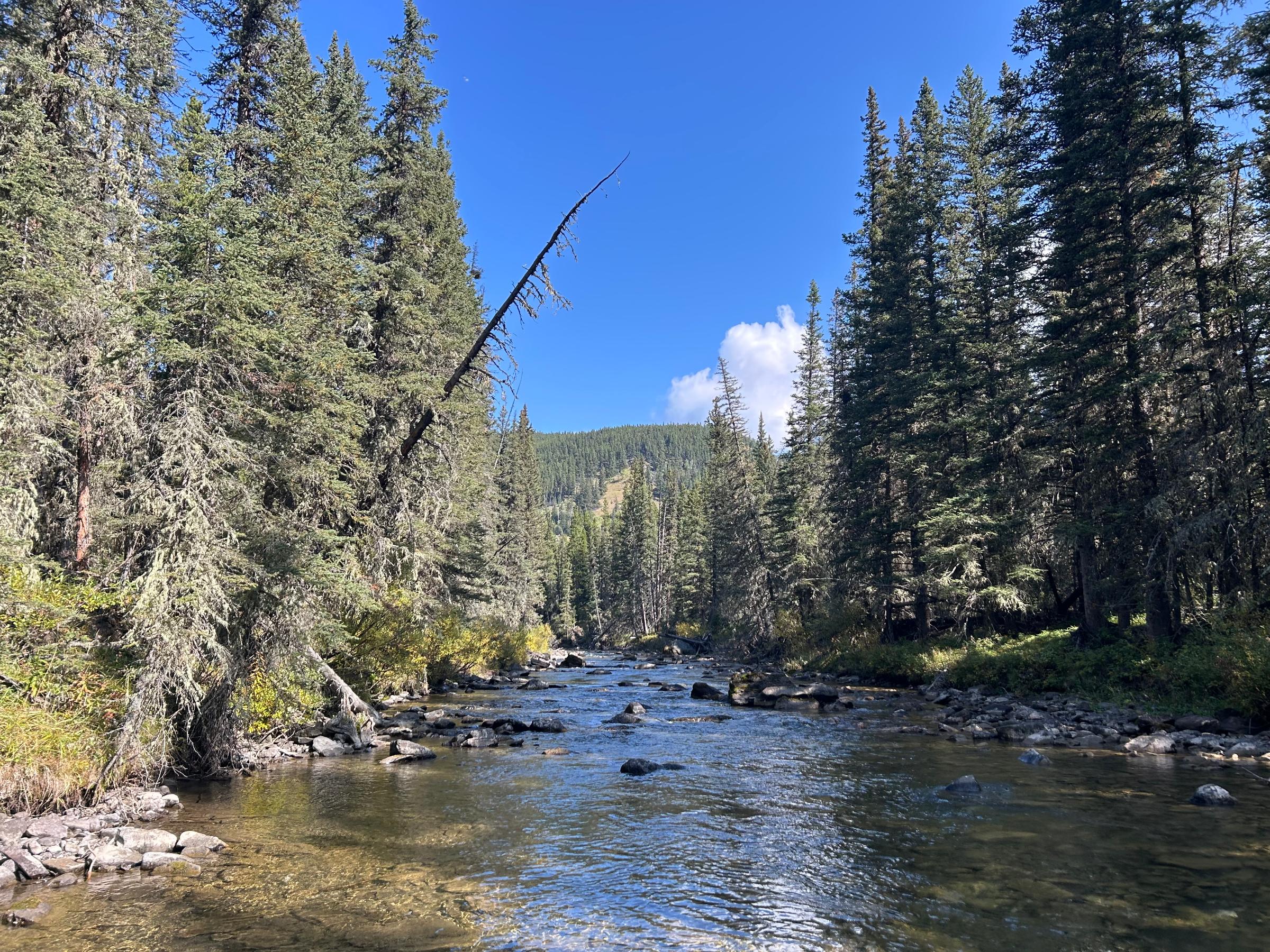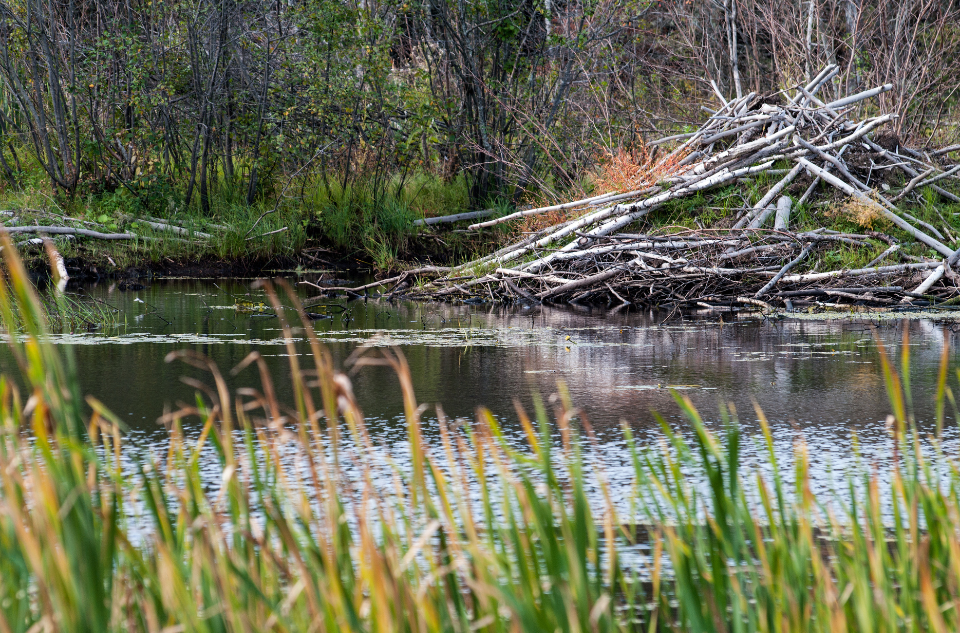A Focus On the Source of Our Water
A local politician opened a conference on water with what he thought was a witty observation. He said he wasn’t sure why the conference was being held since water was basically colourless, odorless, and tasteless and didn’t evoke much enthusiasm on his part since it was so commonplace. There was muted applause.
Water is part of our language and holds a unique place in the tapestry of metaphors. A drop in the bucket, a sea of trouble, drowning in work, a flood of emotions, and a wave of relief. In the span of a daily conversation, one of many water metaphors will rise to the surface or float past you.
Despite being an integral part of our language and communication, water lies below the surface of our sensibilities. When that happens we can become all dried up. That’s the tone and tenor of an essential message about water and where it comes from.
All of us need to learn more about our water, maybe something new, reactivate something we knew but forgot and, most importantly, understand the implicit need to protect the headwaters from which most of our water comes. One essential message is the Eastern Slopes provide the rest of Alberta with over 80 per cent of our water.
Call the Eastern Slopes our headwaters, the water towers, the rain barrels, the essential taps, or just the well, there is a growing recognition the well is running dry. Or, at least the headwaters are not acting as they once did, as a reliable and predictable source of water. The past does not adequately reflect the future.
The reasons are varied for that reality. Climate change is resulting in significant modifications in how much water the Eastern Slopes receives, how it is received, as snow or rain, how it is stored, the changing seasonality of water delivery, and the nature of wicked, unpredictable storms. Climate change also is priming the forests for more and bigger fires that changes the nature of the absorptive sponge tree cover represents.
Our human land use footprint in the Eastern Slopes continues to grow, especially the extent of logging and roads. This exacerbates the effects of climate change. The cumulative effect of this footprint changes how the headwaters respond to water delivery from rain and snow. Water has less time to soak into the shallow ground water aquifers, runs off faster, causes more erosion, and leaves us with less water later in the season. A large land use footprint provides a double whammy of flooding and drought.
As the amount of water declines we need to be doing much more to steward what we have. Rather than treating our headwaters as warehouses to be ransacked we need to engage in planning efforts to define what we want the Eastern Slopes to be and do for us. We had the template for that in the 1970s with the Eastern Slopes Policy which defined watershed protection as the primary directive. This crucial direction has been ignored for the past five decades.
We need to get back to the future with a sense of restraint, reclamation, and critical management to reduce and repair the footprint of over five decades of industrial strength land use like logging and longer with the legacy of coal mining.
Blind boosterism and benign neglect will not take us into a desirable future. The Eastern Slopes are temples for water, not just a place to unsustainably extract other resources. That recognition might start to prepare us for a dry horizon.
The Eastern Slopes aren’t just our headwaters, they are so for much of Saskatchewan and Manitoba. Alberta is a headwaters province with responsibility and obligation to our fellow, downstream Canadians.
Without water we will all return to cosmic dust. It’s that simple. Knowing this now might create a trickle of understanding, a wash of concern, and a river of change to get us out of a mudhole of complacency.
Lorne Fitch is a Professional Biologist, a retired Fish and Wildlife Biologist and a former Adjunct Professor with the University of Calgary. He is the author of Streams of Consequence—Dispatches From the Conservation World and Travels Up the Creek—A Biologist’s Search For a Paddle.
More News

Fortress Mountain Resort: An Amusement Park in our Wilderness

New Plan for Parks Released


